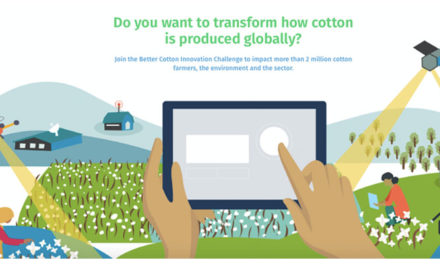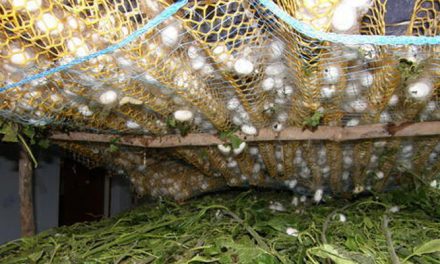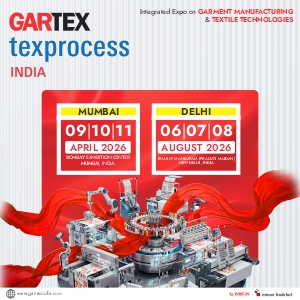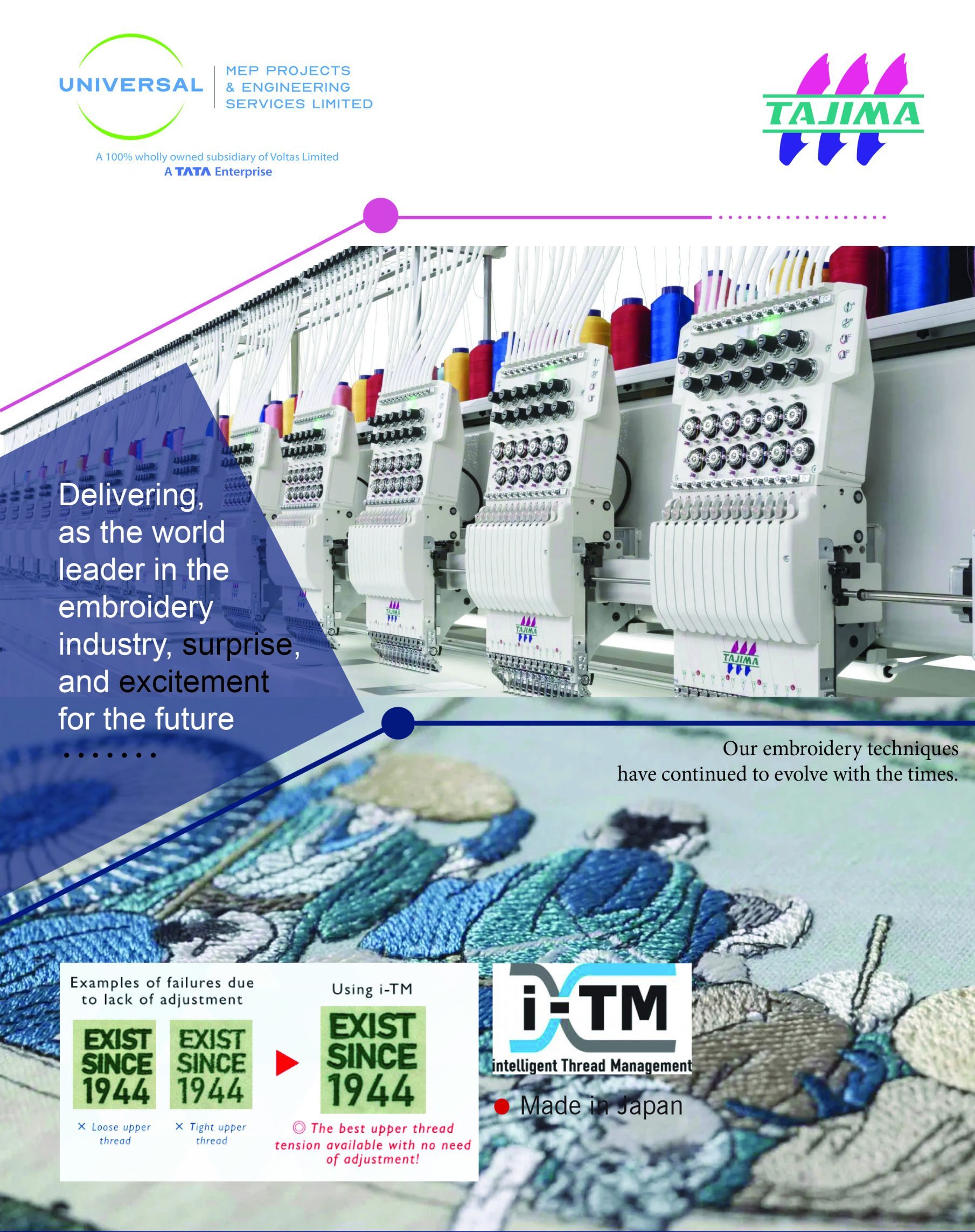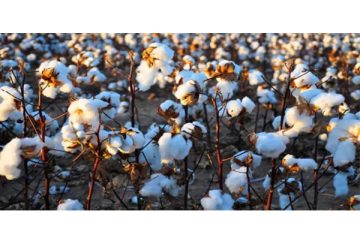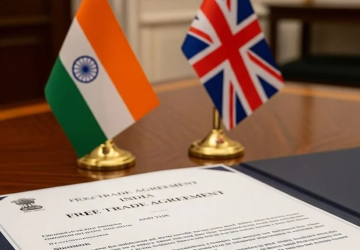
Bangladesh, the world’s second-largest apparel exporter, faces the risk of losing its glorious status in the global market unless urgent action is taken to address the key challenges, a leading foreign investor warned on Thursday. In his keynote presentation at a session of the Bangladesh Investment Summit 2025 at a city hotel, Kihak Sung, chairman and CEO of Youngone Corporation, highlighted critical bottlenecks that could hinder the country’s apparel sector.
He listed the bottlenecks that include absence of speed to market, administrative inefficiency to reduce lead time and lack of product diversification, particularly in manmade fibre. Bangladesh could be the number one apparel exporter provided it takes the right strategic reforms to address the bottlenecks, including geographical challenges, said Sung.
“Vietnam is very close to Bangladesh as the country exported US$44 billion of textile and clothing items last year. If we do not jump to business, we will lose the glory of number two exporter,” he added. “Speed to market is very important,” he said, explaining that Vietnam is ahead of Bangladesh by three weeks to reach goods to the US, and this advantage is very ‘critical’ as buyers prefer to place work orders to the suppliers who can deliver goods three weeks ago.
Moreover, though the workers’ cost is 40-50 per cent higher in Vietnam than Bangladesh and his corporation offers the same price for both the countries, they are making more profit in Vietnam than Bangladesh.
He said that if Bangladesh could reduce customs-related delays by one week to 10 days, half of the hurdles of delay would be resolved and help overcome the geographical challenges.
Mr Sung stressed on more mechanised operation and digitalization, saying that there is a shortage of workers. Some 30 per cent of his production processes here in the country have already been automated while an additional 20 per cent is planned to be implemented by next two years. He further suggested that Bangladesh needs to focus on more value-added items and production based on manmade fibre to remain competitive in the changing global market where 70 per cent apparel demand is MMF.
Highlighting the importance of policy support and the need for huge bonded warehouses, he said: “These will enable quicker access to raw materials, allowing manufacturers to produce and export finished goods more efficiently.”
Speaking at the session, Lutfey Siddiqi, special envoy on international affairs to the Chief Adviser, stressed on local preparations to offset global risks in the wake of the new US tariff regime and cuts in aid. “We can’t rely on preferential treatment whether it is GSP or other LDC-related advantages. We must become much more fit,” he said, stressing the need for reforms, including labour.
Explaining the reasons for the cost of doing business in Bangladesh, Md Mahbubur Rahman, CEO of HSBC Bangladesh, stressed the need for market diversification mostly to India, China and ASEAN countries.
Echoing Mr Rahman, Anwar Hossain, administrator of the Bangladesh Garment Manufacturers and Exporters Association (BGMEA), said the future of the sector lies in both market and product diversification. He, however, sought investment in the renewable energy sector.


